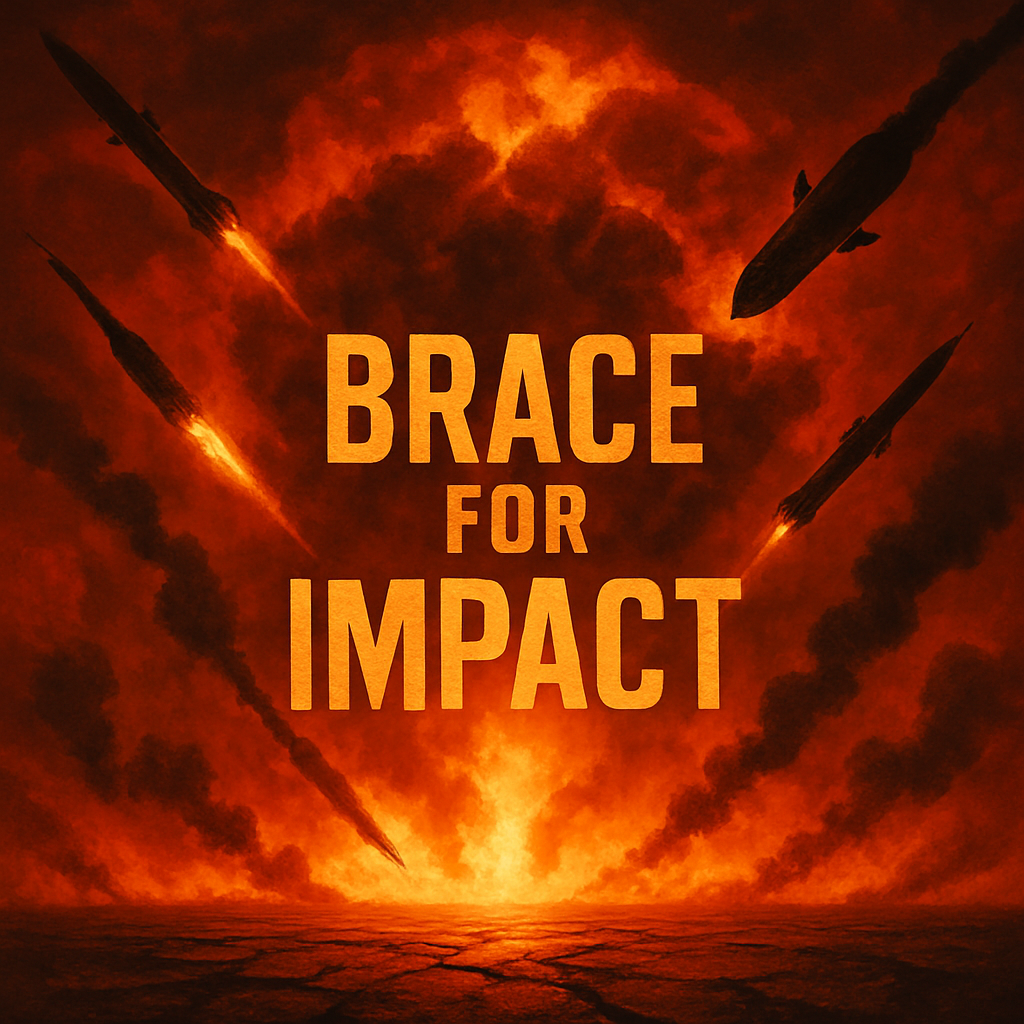Jawaharlal Nehru once remarked, “Democracy is good. I say this because other systems are worse.”
Until decades after independence, Indian democracy stood as a beacon of versatility, resilience, and inclusiveness. During the first three decades after independence, the spectrum of Indian politics was largely dominated by the Indian National Congress (INC), whose political ethos defined the character of politics in the country. However, complacency, disconnect with the populace, and the inability to effectively represent the masses led to the gradual downfall of India’s largest political party. This decline paved the way for the rise of other parties, most notably the Bharatiya Janata Party (BJP), which would later become the dominant force in Indian politics.
While political transformations are natural in any society, the shift in methods, the issues occupying the center of public debate , and the quality of discourse among political competitors reflect the kaleidoscope of political diversity within a country. Over the past two decades, however, the quality of Indian politics has deteriorated to such an extent that a democracy once celebrated for its versatility is now categorized as a “Worse-style” democracy.
In The Republic, Plato’s Socrates offers a profound critique of democracy, warning that it can eventually lead to tyranny. He argues that the disorder inherent in democratic systems fosters a yearning for strong leadership. In the chaos, citizens grow impatient with the slow processes of governance and ultimately entrust power to a single leader — a tyrant — who promises swift solutions but consolidates absolute authority. Socrates’ warnings are not merely philosophical pessimism; they find striking echoes in the political realities of the 21st century.
Given the global nature of this trend, why focus specifically on India? The answer lies in India’s unique position on the world stage. No democracy is celebrated internationally quite like India’s — admired for its vast electorate, the world’s largest youth population, and a diaspora that spans the globe. Changes in India’s political dynamics, therefore, are not confined within its borders. They send ripples across the world, influencing perceptions of democracy itself in ways few other nations can match.
At the heart of Indian democracy lies its Constitution—an extraordinary document crafted under the guidance of Dr. B.R. Ambedkar and adopted in 1950. It enshrines the ideals of liberty, equality, fraternity, and justice, offering robust protections for minorities and marginalized communities. Provisions such as Article 14 (equality before the law), Articles 25–28 (freedom of religion), and Articles 29–30 (minority rights) form the backbone of a secular, pluralistic state.
These guarantees were not ornamental—they were foundational to building a democracy that embraced India’s deep social, religious, and linguistic diversity. Affirmative action policies, the secular character of the state, and multilingual recognition were deliberate steps toward creating a shared national identity grounded in inclusivity.
Yet, the trajectory has shifted. The rise of the BJP has coincided with the spread of majoritarianism, institutional weakening, and the erosion of constitutional safeguards. Key legislative actions—such as the Citizenship Amendment Act (CAA), the abrogation of Article 370, and the use of draconian laws like the Unlawful Activities (Prevention) Act (UAPA)—have fueled fears of discrimination and exclusion. The increasing crackdown on dissenting voices—journalists, academics, activists—alongside pressure on institutions like the judiciary, the Election Commission, and civil society organizations, further underscores this departure.
In recent years, India has experienced a noticeable shift in its political landscape, with the approach to governance evolving from one of inclusivity and pluralism to a more exclusive, majoritarian orientation. This transformation is visible not only in domestic policies but also in India’s broader global stance. The once-celebrated diplomatic traditions of dialogue and restraint have been overshadowed by a more assertive and confrontational foreign policy. Strongman rhetoric and a desire for swift, decisive action have increasingly replaced the nuanced, deliberative approach that once characterized India’s international relations. This shift has led to a growing sense of isolation and has strained ties with traditional allies, while escalating regional tensions.
“India’s failure to deliver turned into a performance of provocation—Phalagam was just the stage.”
The domestic political climate has mirrored this shift, with growing polarization and a narrowing of the democratic space. Decisions and laws perceived to target certain communities and the weakening of institutions that once ensured inclusivity and equality have raised concerns about the direction in which Indian democracy is heading. The government’s approach has left little room for dissent, and the celebration of diversity, which was a hallmark of India’s political identity, now seems under threat. What was once a vibrant democracy, rich with dialogue and debate, is at risk of becoming a space dominated by conformity and the suppression of opposition voices.
The 2024 elections offered a glimmer of hope, with Congress and other progressive parties gaining ground—signaling that the aspiration for a more inclusive political discourse remains alive among many Indians. Though the shift was modest, it marks a crucial opportunity to realign India with the founding values of liberty, equality, and fraternity. But momentum alone is not enough. Indians must reflect on the future they envision: a democracy that amplifies all voices, or one that silences many. Only through a shared and sustained commitment to inclusivity, tolerance, and dialogue can India reclaim its place as a true beacon of democracy, peace, and global cooperation.
As India stands at this pivotal juncture, the current government’s trajectory appears increasingly shaped by confrontation rather than consensus—both domestically and internationally. The journey from a versatile democracy to a “worse-style” governance model need not be inevitable. It can still be reversed, but this requires courageous leadership, collective introspection, and a renewed commitment to constitutional values. A failure of Indian democracy to uphold the ideals envisioned by its founders could have grave consequences—not just for the nation itself, but for peace and stability across the region.
Ertaan Siddiqui
“The writer is a regular columnist on social issues and can be reached at seer42.blog or via email at furian240@gmail.com.”

